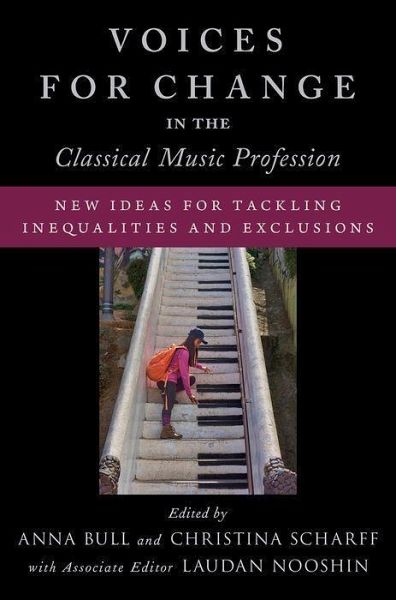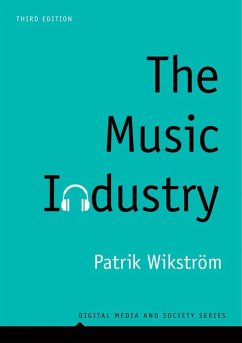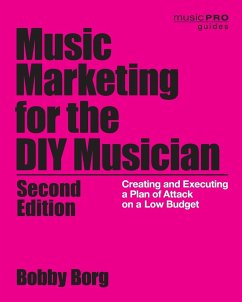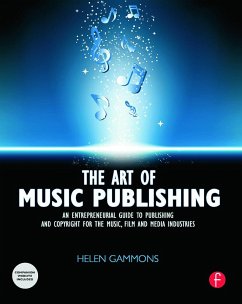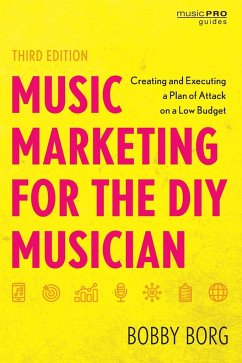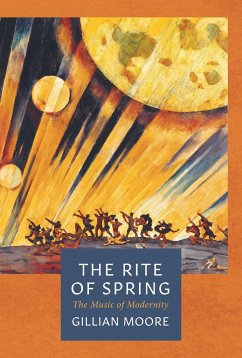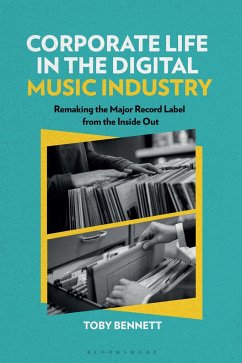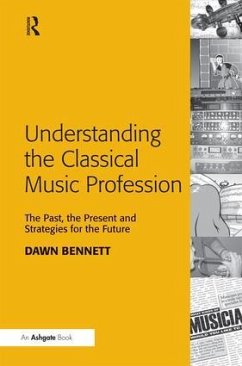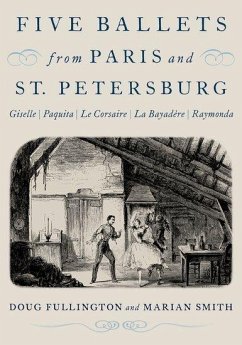Anna Bull is Lecturer in Education and Social Justice at the University of York. A former professional pianist and cellist, her research interests include class and gender inequalities in classical music education and staff sexual misconduct in higher education. Her monograph Class, Control, and Classical Music (2019) was joint winner of the 2020 British Sociological Association Philip Abrams Award. Anna is also a co-founder and director of The 1752 Group, a research and campaigning organisation working to address staff sexual misconduct in higher education. She has worked with music education charity Sound Connections on youth voice in classical music education, publishing a toolkit for teachers in 2022. Christina Scharff is Reader in Gender, Media, and Culture at King's College London. She is author and co-editor of several books, including Gender, Subjectivity, and Cultural Work: The Classical Music Profession (2018). Dr. Scharff's research on the classical music profession, funded by the ESRC and British Academy, has contributed to our understanding of inequalities in the cultural and creative industries, the subjective experiences of precarious work, and the psychic life of neoliberalism. Dr. Scharff's other area of expertise is in engagements with feminism, building on her first monograph Repudiating Feminism: Young Women in a Neoliberal World (2012). Laudan Nooshin is Professor of Music at City, University London, having previously taught at Brunel University and Goldsmiths University of London, where she gained her PhD in Ethnomusicology in 1996. Laudan's research interests include creative processes in Iranian music, music and youth culture in Iran, music and gender, urban music studies, and music in Iranian cinema. She is a co-founder and currently co-Chair of the Equality, Diversity and Inclusion in Music Studies Network and she is also a Vice-President of the Royal Musical Association in which role she leads the RMA EDI Working Group.
